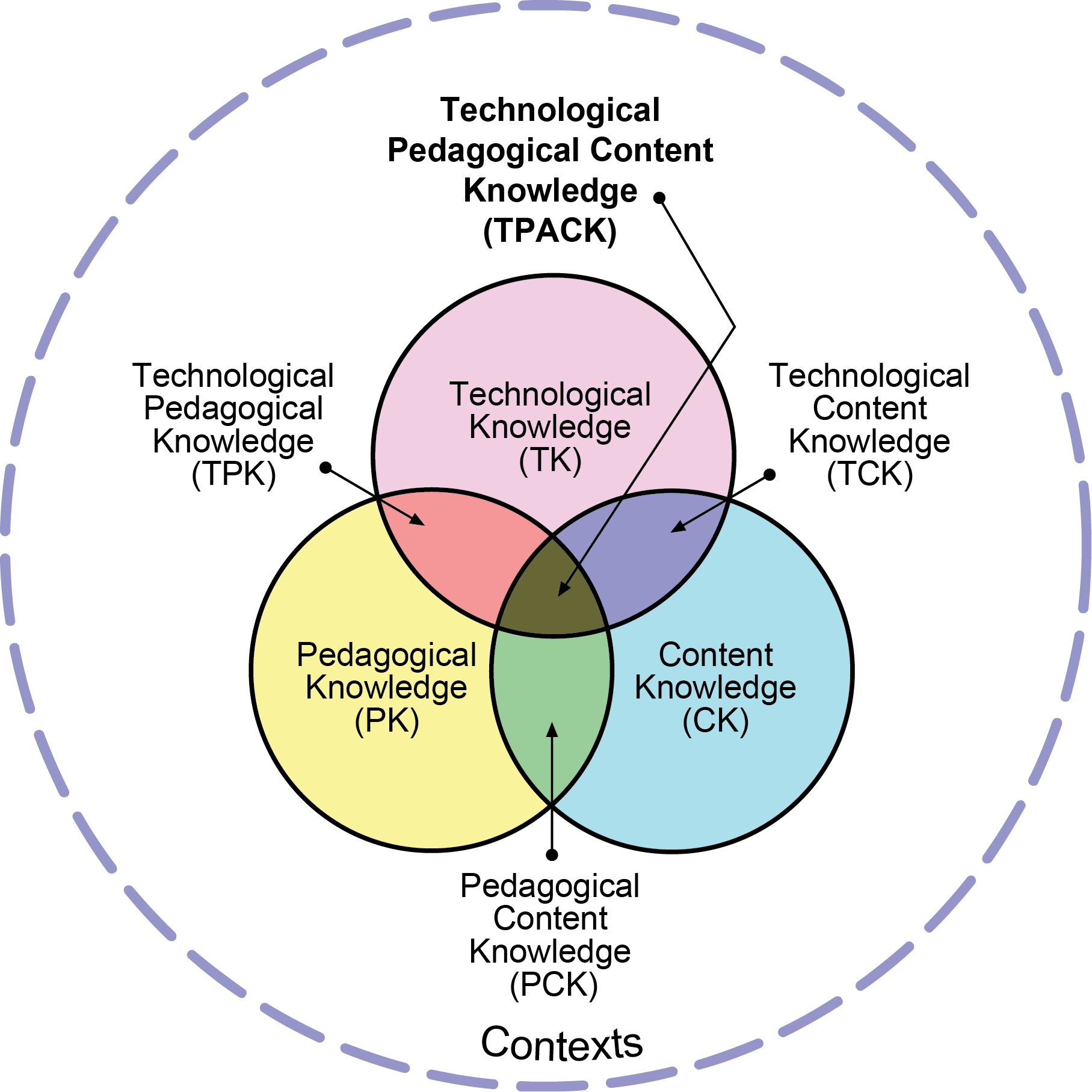Research Methodology Course (UBC – ETEC 500)
The Research Methodology in Education course is a core course in the MET program, and it serves to introduce students to the different approaches to research used in this field; focusing on quantitative, qualitative, and action research. The intention is to give students the tools necessary to become better consumers of (and potentially contributors to) educational research.
While I had a good understanding of quantitative research and research design, this was my first real exposure to many of the more qualitative methods. Therefore, one of the things I really appreciated about this course was the exposure to the debate within the field – we were given articles that made opposing arguments and were asked to discuss them. It’s definitely a good way to generate lively discussion.
An assignment discussing my personal take on a couple of such articles exploring the merits and limitations of qualitative vs quantitative research methods is presented below.
 Loading...
Loading...
As is probably clear from the above, I was angered by the argument presented in the Denzin paper – it ran counter to everything I believe about how research is and should be done. But, I was also relieved to see other authors who did not share his views.
In the end, I’m not sure that my views on the strengths of qualitative research have changed too much as a result of this course, but I have gained a more informed perspective on it. While I do appreciate the efforts of many qualitative researchers to carefully plan and conduct their studies, I also know that this type of educational research is trying to study a very complex process (learning), in a very complex organism (humans). There are bound to be lots of variables which will affect the final outcomes regardless of how carefully the study is carried out, so I will likely approach conclusions from such research with some caution.
The above isn’t necessarily meant as a criticism of the methods themselves, but a recognition of the difficulty of the task at hand. It’s also a recognition of the reality of academia – researchers are rewarded for finding differences from the expected, and anything that doesn’t show something new is unlikely to be published. This has been shown to be a problem with Psychology research (Open Science Collaboration, 2015), and is also being investigated in other fields, like Cancer Biology.
A “side note”:
Unfortunately, I didn’t get as much as I would have liked out of this course. An unexpected increase in workload that semester was a factor, as was the fact that I didn’t get the textbook for this course until about half-way through (it took about 4 months to arrive – thanks Q-Post), so participating in discussions based on readings was a bit difficult. Especially when our discussions turned towards qualitative research methods.


